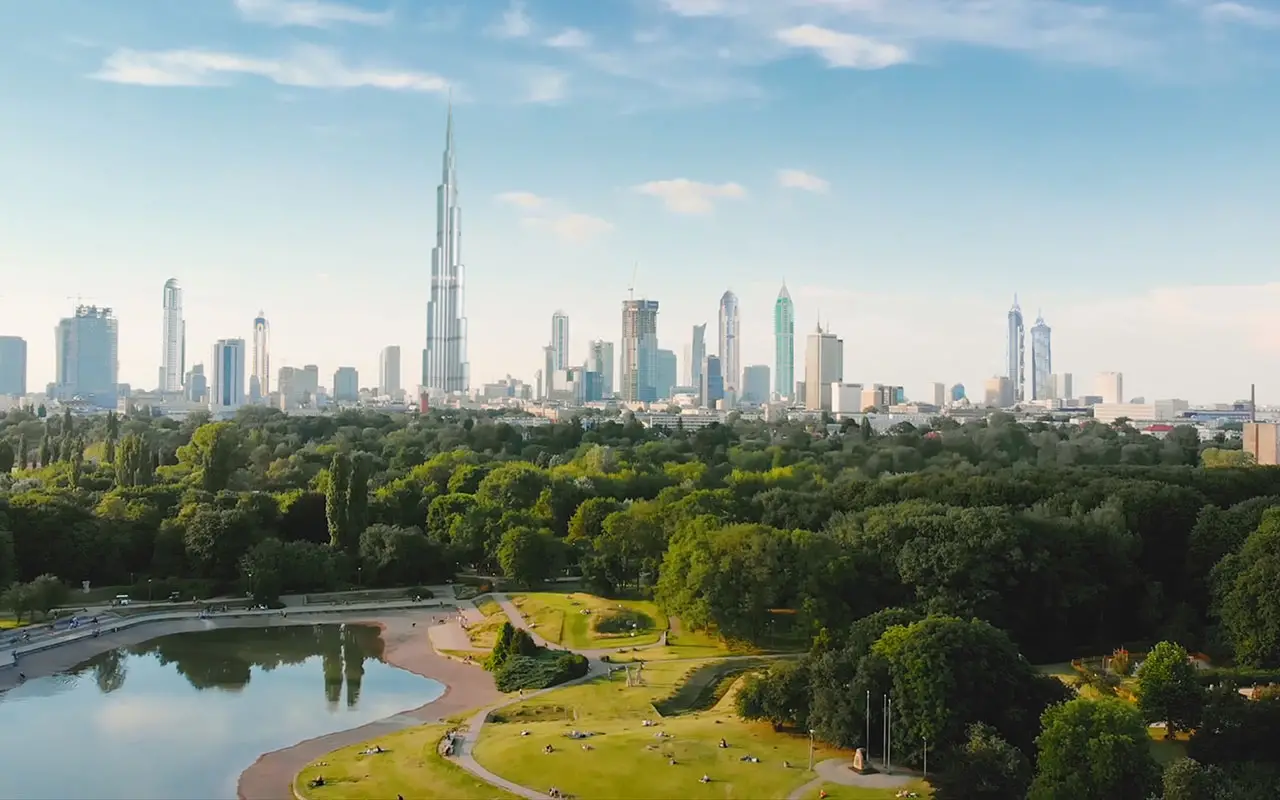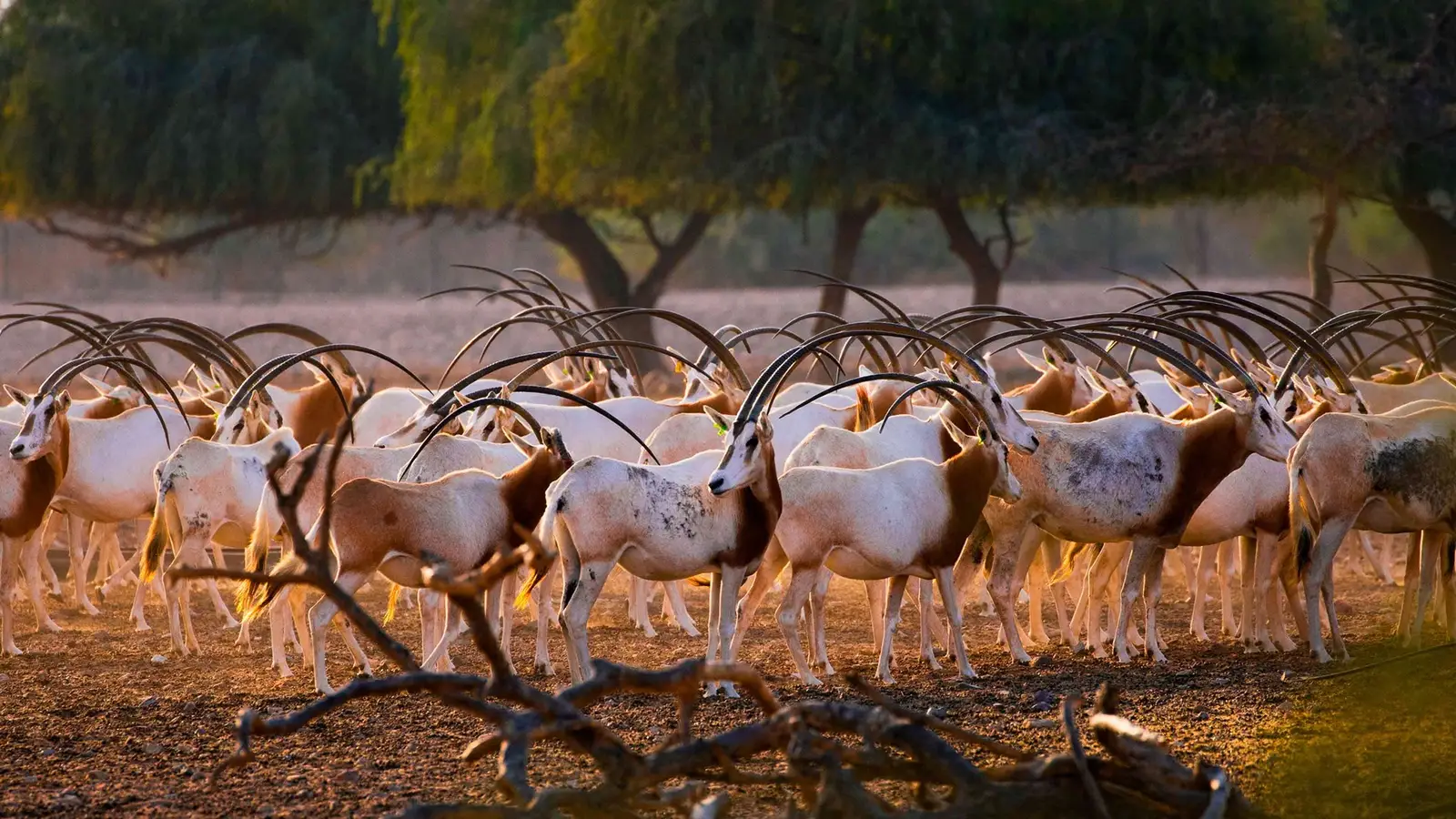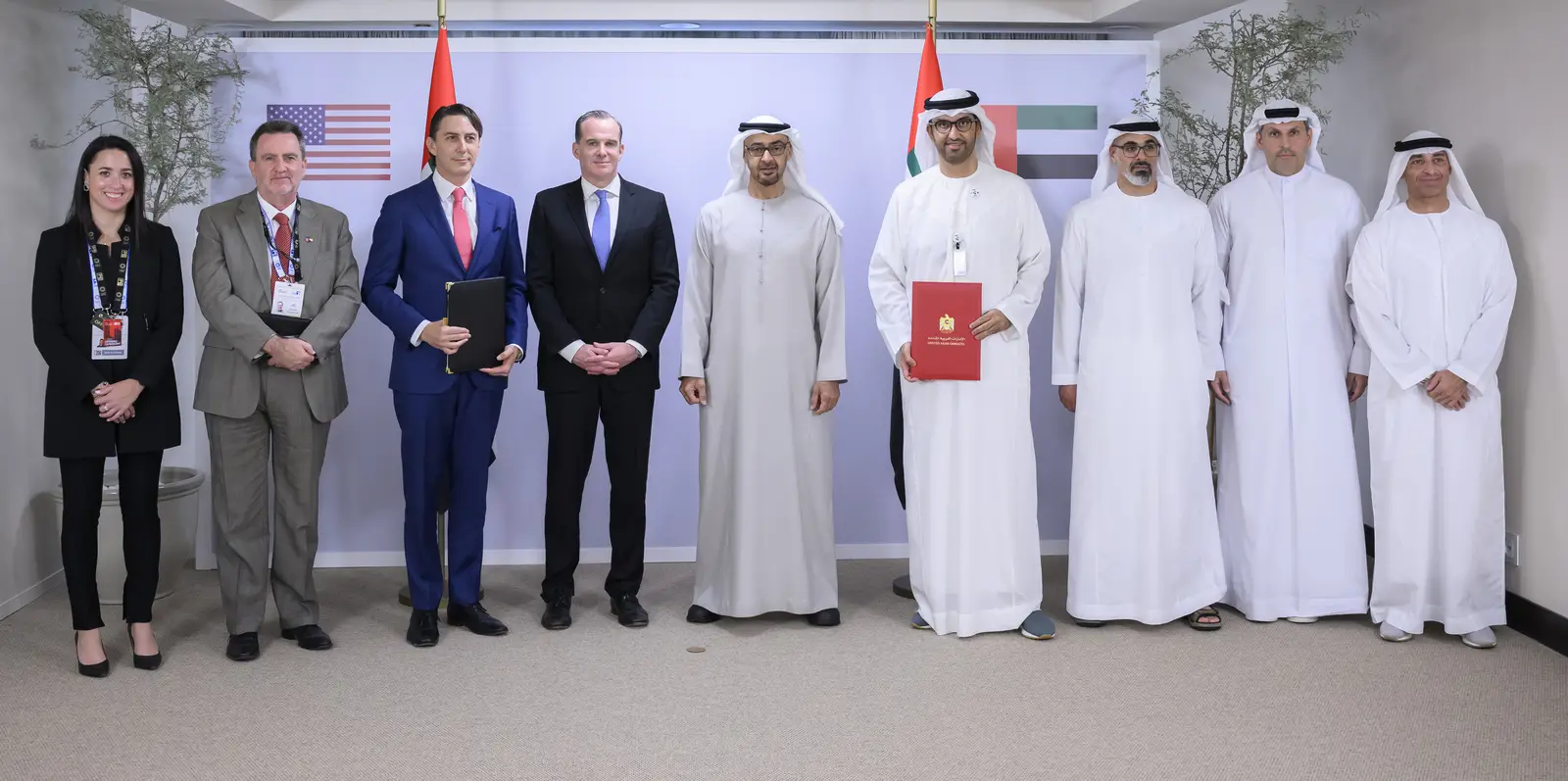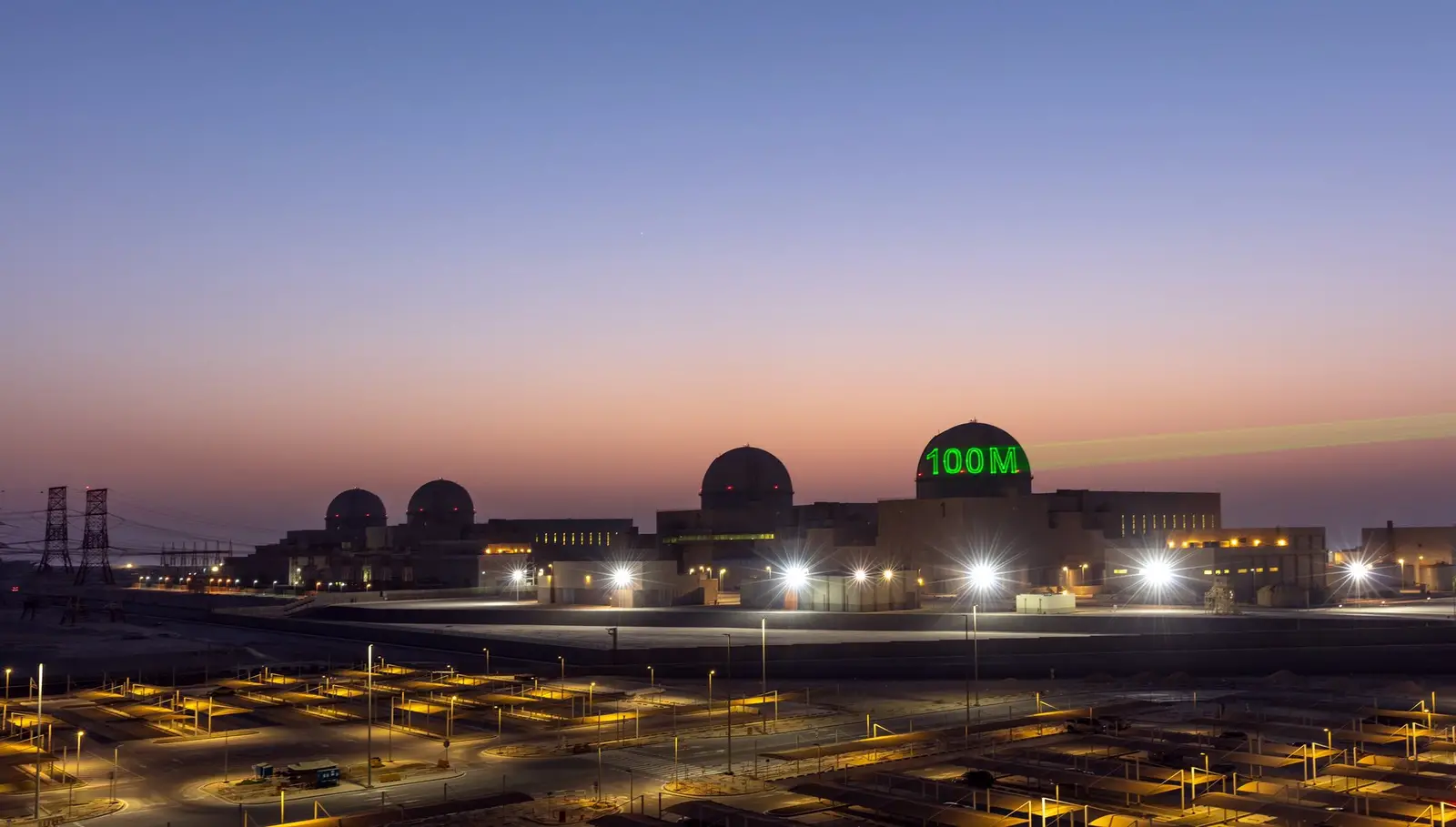
Conservation is a central tenet of the UAE’s heritage, extending back to the founding of the country. The UAE and US share a long history of collaborating on conservation. For decades, the UAE has partnered with organizations across the US to protect and revitalize America’s natural wonders.
Alongside the United Way of Collier County and the Keys (UWCK) and the National Oceanic and Atmospheric Administration, the UAE is supporting coral reef restoration project – “Mission: Iconic Reefs.” The ambitious $3.5 million initiative is helping to rebuild declining coral clusters across the Florida Keys and has supported thousands of students through marine science educational grants and scholarships. In 2023, the UAE committed an additional $50,000 to counter coral bleaching across the South Florida reefs.
Starting in 2025, the UAE Embassy in Washington, DC and the UWCK launched a learning exchange program to connect reef restoration professions in the UAE and South Florida. With similar marine ecosystems, the exchange will allow scientists to share best practices from their respective countries.
Scientists from the UAE and US are working together to bring endangered animals back from the brink of extinction. Working with US scientists from the San Diego and Phoenix zoos, the UAE has reintroduced Arabian oryx, previously extinct in the wild, back its natural habitat across the UAE. The UAE also supports US conservation projects, including efforts to protect Hawaii’s native ‘ohe mauka plant.



